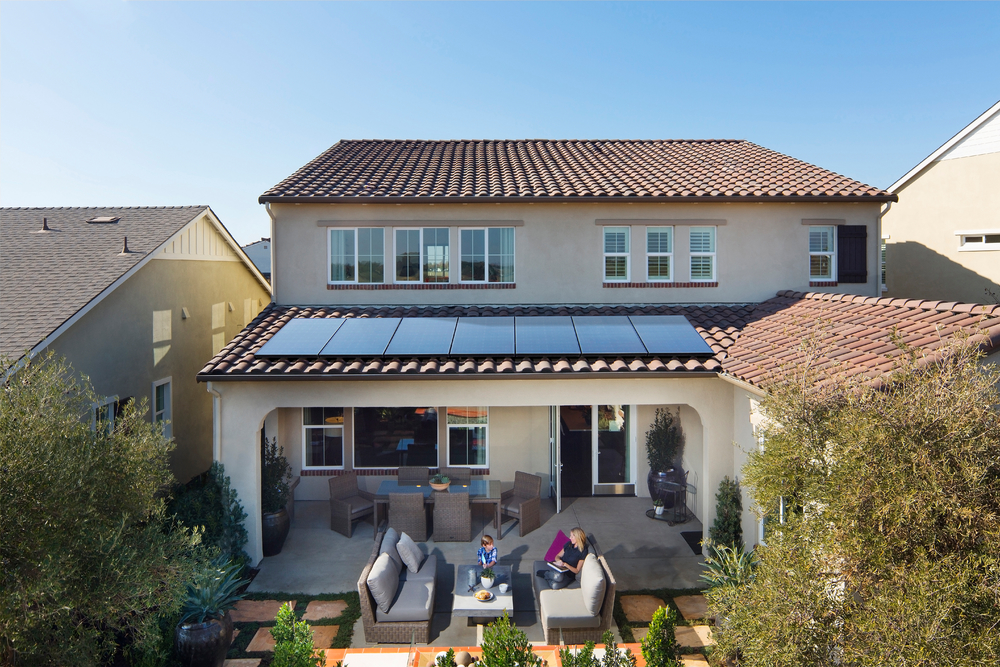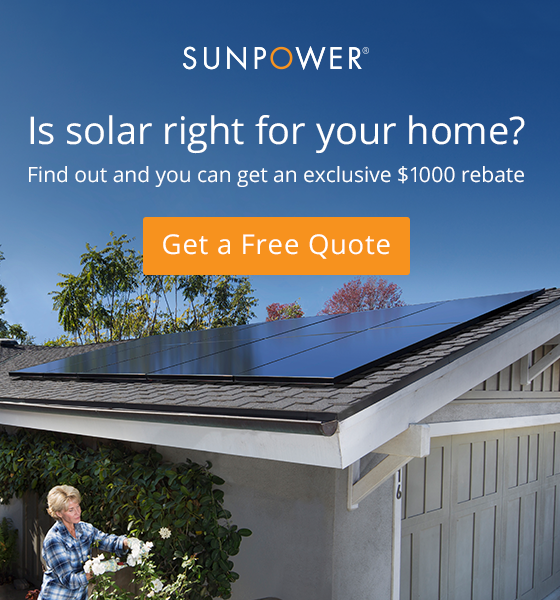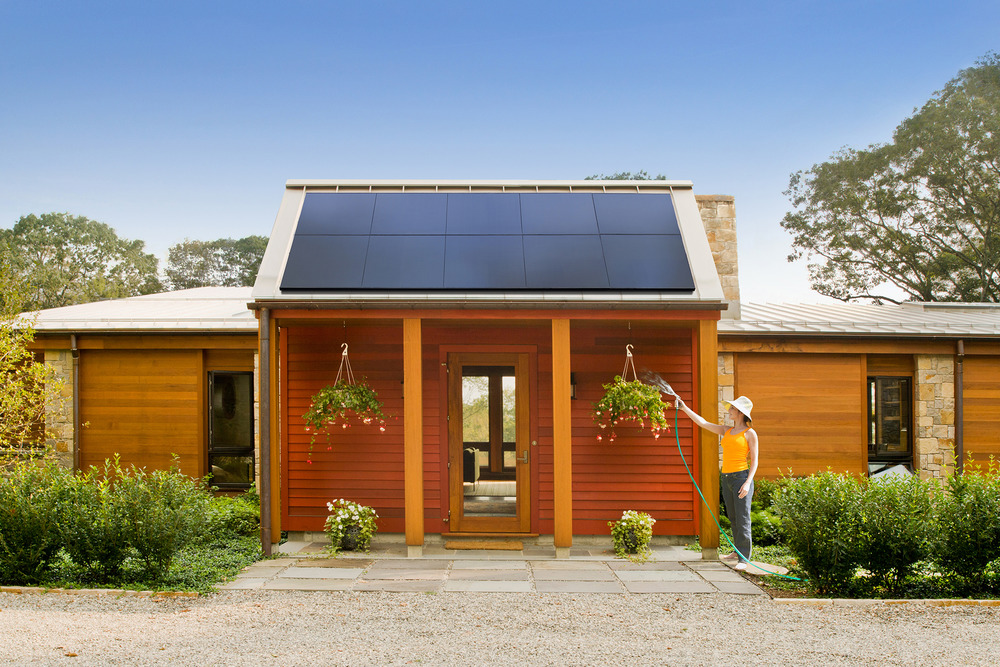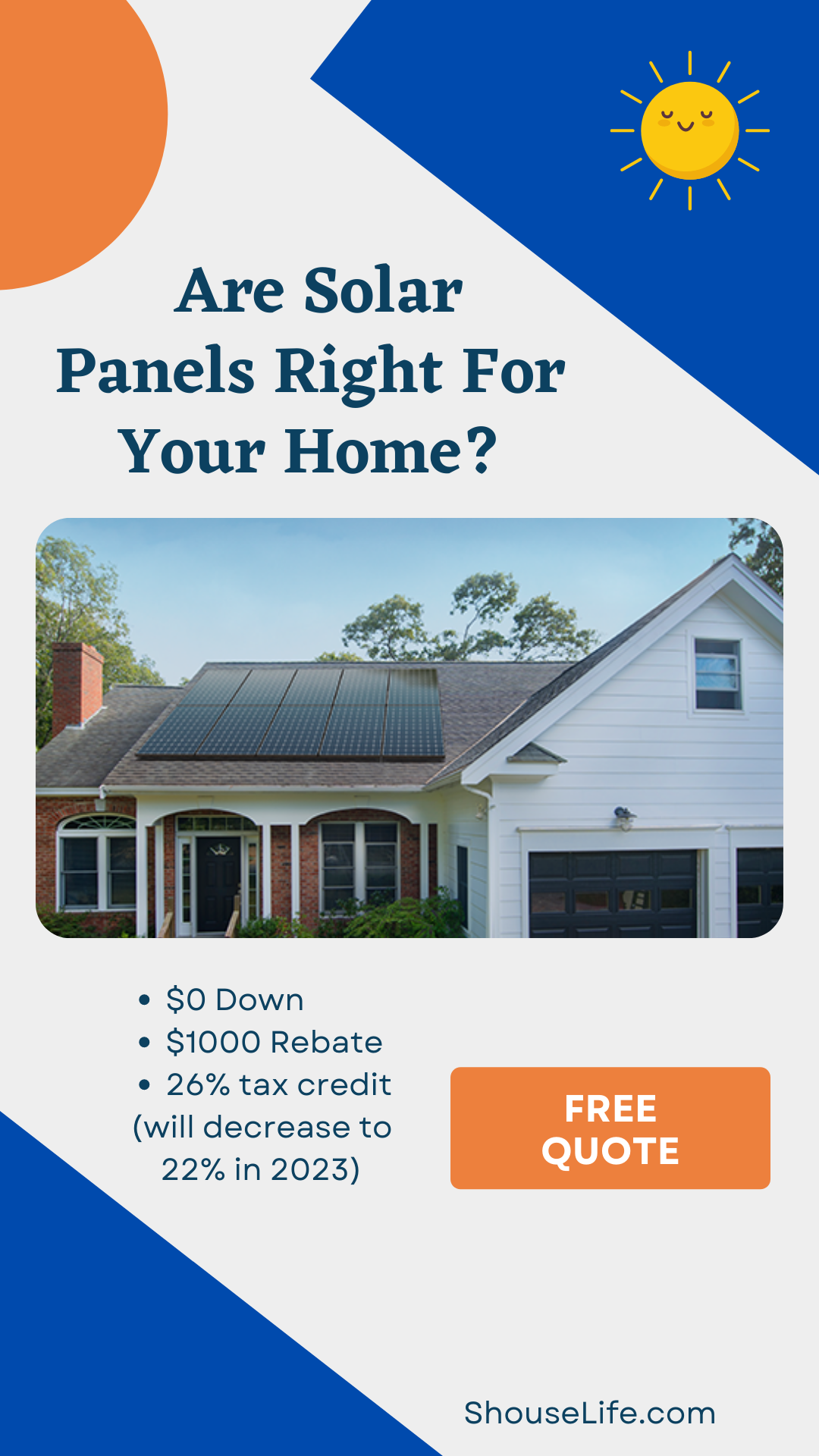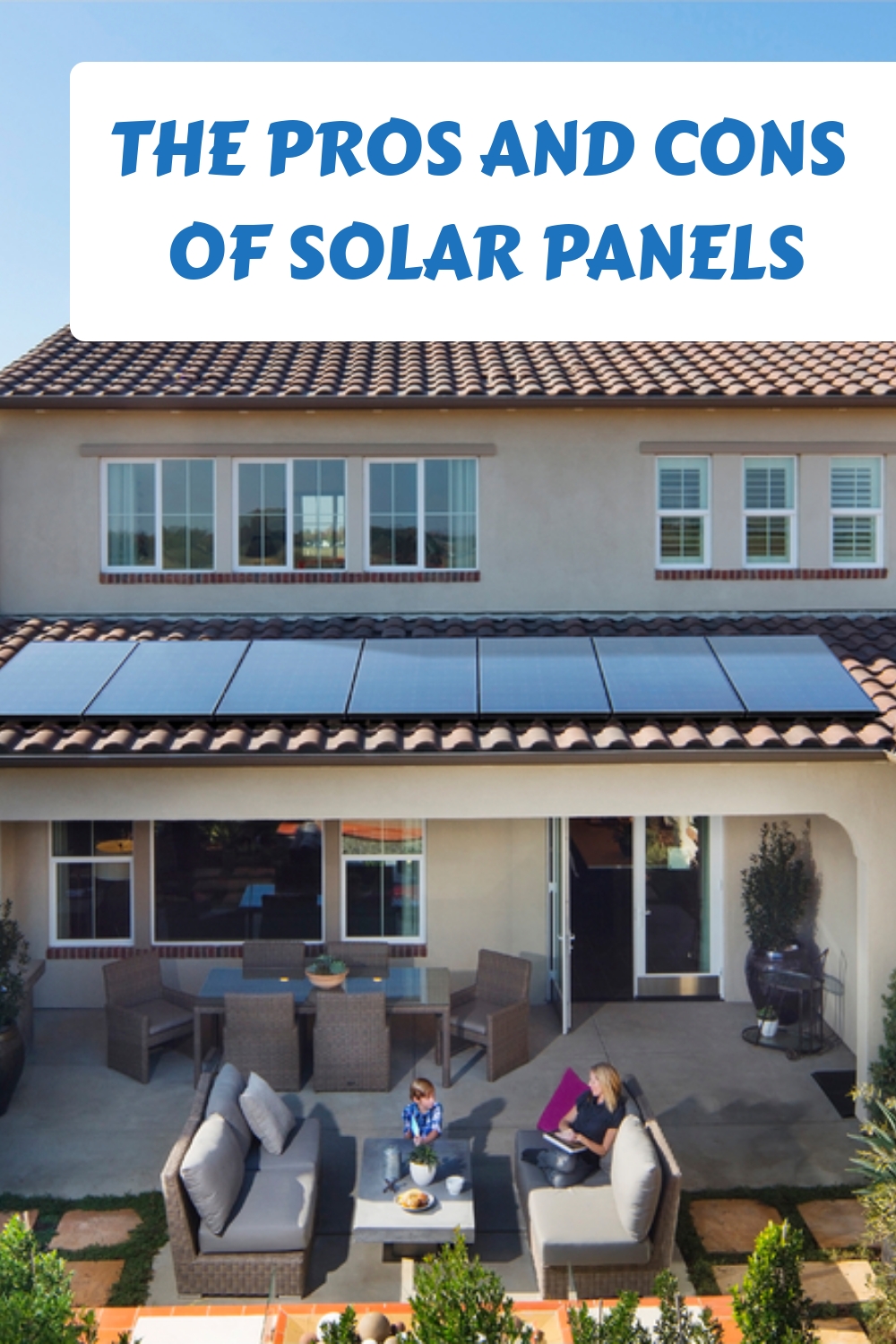There is no hiding from the fact that we all need to do our bit when it comes to energy usage and our personal carbon footprint. There are many things that we can do and one of them means focusing on your energy usage and how you supply your home with things like electricity or heat your water. Solar panels have grown in popularity with more people considering having them installed, but what are the pros and cons of solar panels? Let’s take a look.
Contents
The Pros And Cons Of Solar Panels
Solar Panel Pros
First up, let’s start with the solar panel pros. After all, it is a great option to consider if you are wanting your home to be more eco-friendly. Here are some of the pros of getting solar panels installed.
1. Save money on your energy bills
One of the obvious things to mention is that solar panels can save you money. You are generating your own power for your home and only use what you need, so the costs can be minimal compared to relying on other energy sources. Not only can solar panels provide electricity for your home but they can also heat your water.
2. Reduce your overall carbon footprint
As you are using power from a natural source, you are effectively reducing your overall carbon footprint by having solar panels fitted to your home, such as having a green roof does the same. With so much focus on this for families, this is a great way to reduce your output.
3. No noise pollution
The great thing about solar panels is there is no noise at all. No firing up of a boiler or sounds used by components in your home creating energy. It performs in complete silence.
4. Low maintenance
Solar panels are very easy to maintain. You don’t need to check on them all of the time and consistently perform. The only thing you need to think about is keeping your solar panels clean so that they can work properly.
5. Tax credits
The federal residential solar energy credit can be claimed on federal income taxes for a percentage of the cost of a solar photovoltaic (PV) system. The system must be placed in service during the tax year and generate electricity for a home located in the United States.
Solar Panel Tax Credit Percentages
There is no maximum amount that can be claimed.
- 2019 and earlier – 30% tax credit
- 2020 – 2022 – 26% tax credit
- 2023 – 22% tax credit
- 2024 – will expire in 2024 unless Congress renews it.
Solar Panel Cons
Of course, like with most things, there will be cons when it comes to solar panels. So here are the cons to look out for when considering having solar panels installed.
1. Solar panels can be costly to install
One of the major drawbacks when it comes to having solar panels fitted is that the investment can be very costly. They say that you don’t yield any reward from installing solar panels for a few years until the savings even out with the initial expenditure.
2. The performance is reliant on the weather
Solar panels are reliant on the weather. While you don’t need direct sunlight for the solar panels to work, they do work better and give better results during the brighter summer months.
3. Not all homes are suitable for solar panels
It is worth remembering that not all homes will have a suitable roof for solar panels. This means that you will need to get this checked before making any big decision about adding solar panels to your home.
4. Can take up space and are not easy to move
Finally, solar panels do take up a fair bit of space on your roof, and if you are planning to move home, they can’t be easily moved. This is worth considering as a long-term investment.
Get Saving Estimate Before Deciding
After reading the above pros and cons about solar panels, you will want to consider both, but you’ll also want to look at the cost savings before committing to adding solar panels to your dwelling.
Get a free online solar savings estimate from SunPower.com which offers powerful home solar systems with $0 down and the biggest solar savings around.

